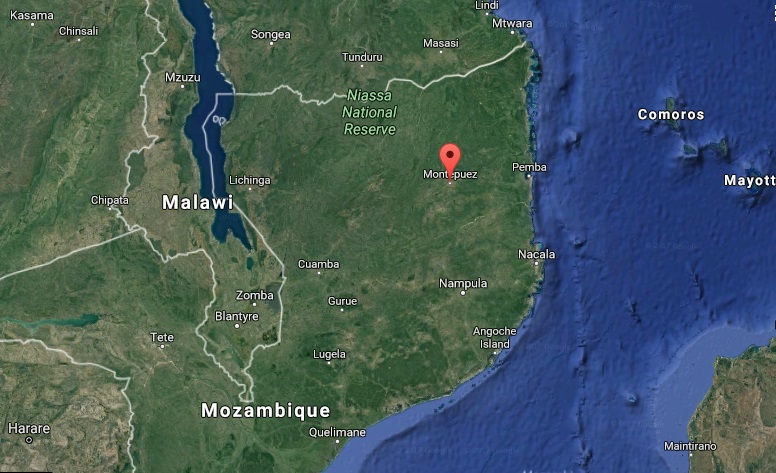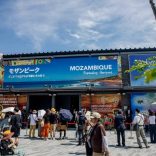Mozambique: Recruitment of 4,000 new police agents begins on Monday - Watch
Mozambican village fears Islamist radicalism hidden in the bush

Cesário da Silva, head of a village on the outskirts of Montepuez, northern Mozambique, says the community has lost 30 people in the last year, including couples with children, leaving the settlement for an uncertain future in the bush.
They were Muslim families, but with habits different from most, he says. “The men wore short shorts, the women were always covered,” and they considered themselves guardians of the correct way of practicing Islam.
No one offered any explanation on leaving the village, Unidade B, and “only after some months” came reports that they were dozens of kilometres east, near Nanhupo in the bush, supposedly “training”.
“Training for what? To this day we do not know what they were doing there,” da Silva says, the leader of a community of 3,700 people living in adobe houses on a plateau far from asphalt and concrete .
At the time, the situation prompted meetings between different religious leaders. Saide Bacar, a regional Muslim leader, points this and other testimonies out as evidence of radicalisation coming from abroad and taking place away from the public gaze.
“There are people who have fled there and given us news on what is going on. They went to join a religious group but did not find the religion, only trafficking and killing,” he says.
Bacar blames this movement, which recruits Mozambicans “who have not studied” and who live in poverty and hunger, for last week’s armed attack on police stations in Mocímboa da Praia.
According to residents, the attackers shouted slogans and wore robes indicative of Muslim affiliation during clashes that paralysed the coastal Cabo Delgado town for two days and killed 17 people – two policemen, one civilian and 14 attackers, according to police figures.
On the day that the shootings erupted in Mocímboa, one of the couples who had left Unidade B returned to the village, Cesário da Silva says – but when they became aware of what was happening in the northern part of the region, they disappeared again.
Saide Bacar is a representative in the province of the Mozambican Islamic Council, one of the Muslim congregations in the country, and reports another episode in 2016, when he expelled a group of young people from his mosque in Montepuez for accusing him of not being a good Muslim.
They introduced themselves as followers of Islam, but the meeting did not go well. “They began to attack us for talking to the government and having children in formal education. I had to expel them,” he says, when approaches repeated in other mosques forced him to take a stand.
On June 15 of the last year, Saide Bacar issued a circular to five districts in southern Cabo Delgado (Montepuez, Balama, Namuno, Chiure and Ancuabe), alerting them to the presence of a group of alleged Islamists in the region who claimed to preach moral rectitude but demanded communities observe principles that he considered offensive.
“Amputee the thief and stone the adulterer to death, and let not fear of the government prevent you from serving the sentence,” was one of the slogans quoted as evidence of insurgency.
“Do not raise the flag nor participate in national events,” was another of the guidelines those who encountered the group in places of worship heard, the document detailed.
Bacar says he wants the Mozambican authorities to be more proactive in the face of radicalism.
Last year, Bacar confronted a foreigner who was part of the preaching incursions in Montepuez, a Gambian citizen who simply said he was “doing his job”. “I think he’s still out there,” preaching in the area, he said.
“They do not have mosques but go into those that already exist, but when they are identified as a radical group, they disappear,” he adds.
A week after the clashes in Mocímboa da Praia, Saide Bacar fears that this focus of tension in northern Mozambique is not over yet, repeating the phrase he used in July 2016: “It is up to the authorities to take action.”













Leave a Reply
Be the First to Comment!
You must be logged in to post a comment.
You must be logged in to post a comment.